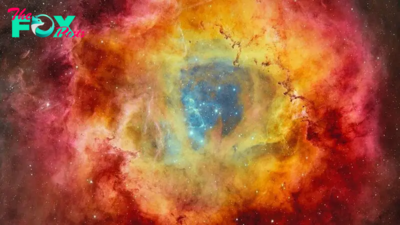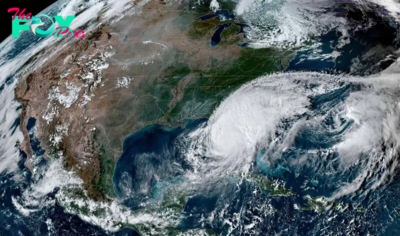Science
What is the coldest place in the solar system?
Space is very, very cold. The baseline temperature of outer space is 2.7 kelvins — minus 454.81 degrees Fahrenheit, or minus 270.45 degrees Celsius — meaning it is barely above absolute zero, the point at which molecular motion stops.
But this temperature is not constant throughout the solar system. So-called "empty" space — though it is not actually empty — is far colder than planets, moons or asteroids, for example, because there is (practically) nothing to absorb the energy coming from the sun.
So, not including regular "empty" space, what is the coldest place in the solar system? And how does it compare with temperatures on Earth?
Related: What's the coldest place in the universe?
Measuring space
First, let's take a moment to consider exactly how cosmic temperatures are taken.
"Temperatures can be measured by observing the intensity of infrared and microwave radiation emitted from surfaces," Ian Crawford, a professor of planetary Science and astrobiology at Birkbeck, University of London in the United Kingdom, told Live Science in an email. "In the absence of such measurements, temperatures can be estimated based on the amount of sunlight they receive."
However, taking cosmic measurements isn't always simple. According to Don Pollacco, a professor of astronomy at the University of Warwick in the United Kingdom, "nothing is ever straightforward in astronomy, mainly because you are always observing, as opposed to interacting."
So, although there are accurate ways to measure temperatures in space, there will always be room for refinement. "Temperatures are estimates," Pollacco said. "The numbers you calculate depend on how good your assumptions really are and how detailed the physical model is that you are using."
-
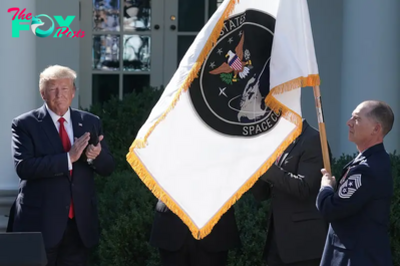
 Science7h ago
Science7h agoHere’s What Trump’s Win Means for NASA
-
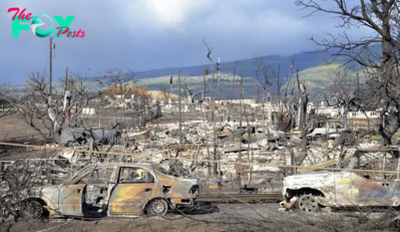
 Science3d ago
Science3d agoWhy Risky Wildfire Zones Have Been Increasing Around the World
-

 Science3d ago
Science3d agoIt’s Time to Redefine What a Megafire Is in the Climate Change Era
-
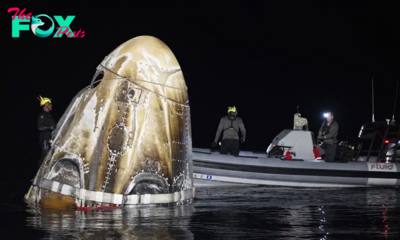
 Science4d ago
Science4d ago4 Astronauts Return to Earth After Being Delayed by Boeing’s Capsule Trouble and Hurricane Milton
-
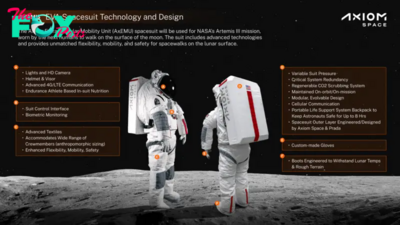
 Science5d ago
Science5d agoThe Elegance and Awkwardness of NASA’s New Moon Suit, Designed by Axiom and Prada
-
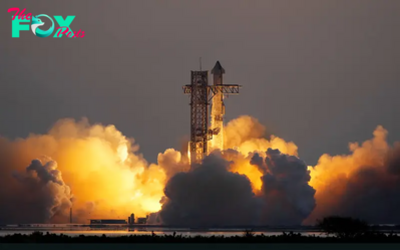
 Science1w ago
Science1w agoSpaceX Launches Its Mega Starship Rocket. This Time, Mechanical Arms Catch It at Landing
-
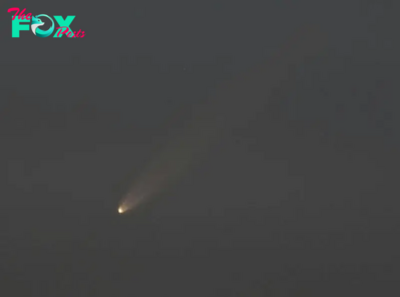
 Science3w ago
Science3w agoYou Won’t Want to Miss October’s Rare Comet Sighting. Here’s How and When You Can See It
-
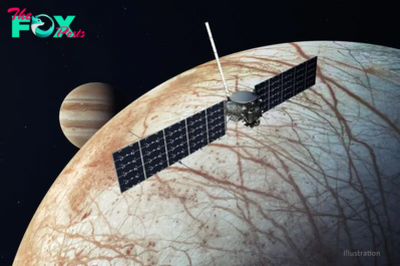
 Science1m ago
Science1m agoA New Spacecraft Could Help Determine if There’s Life on a Moon of Jupiter
